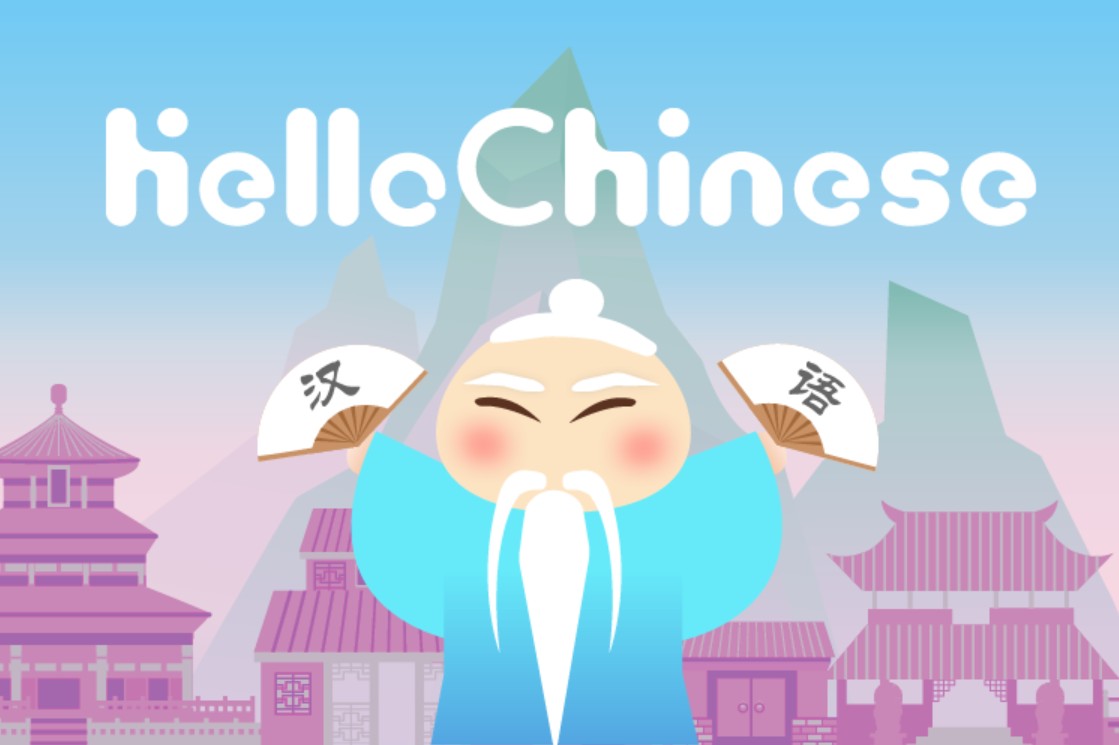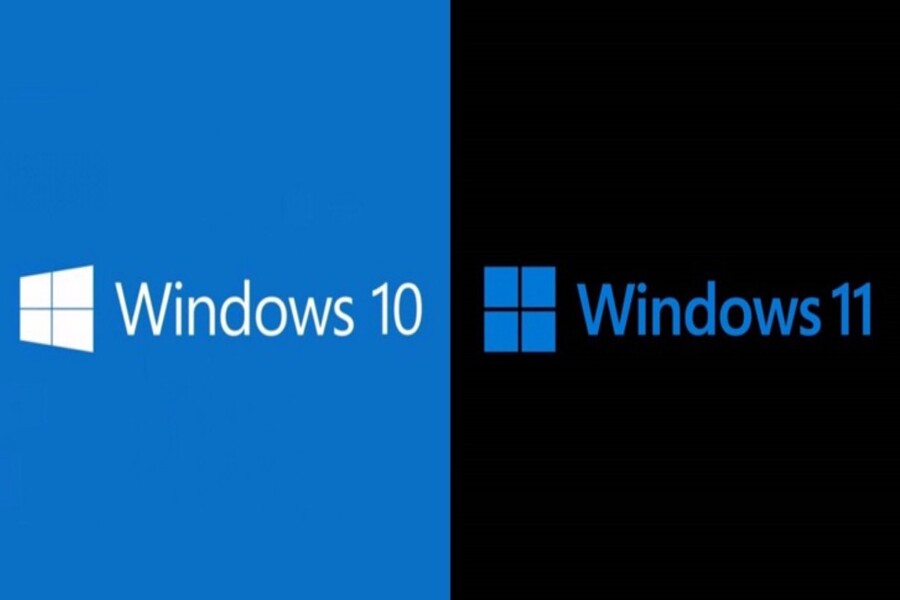Best Selling Products
Not Apple: Revealing the Identity of Siri's Real 'Father'
Nội dung
For billions of iPhone users around the world, Siri has become an integral part of the everyday tech experience.
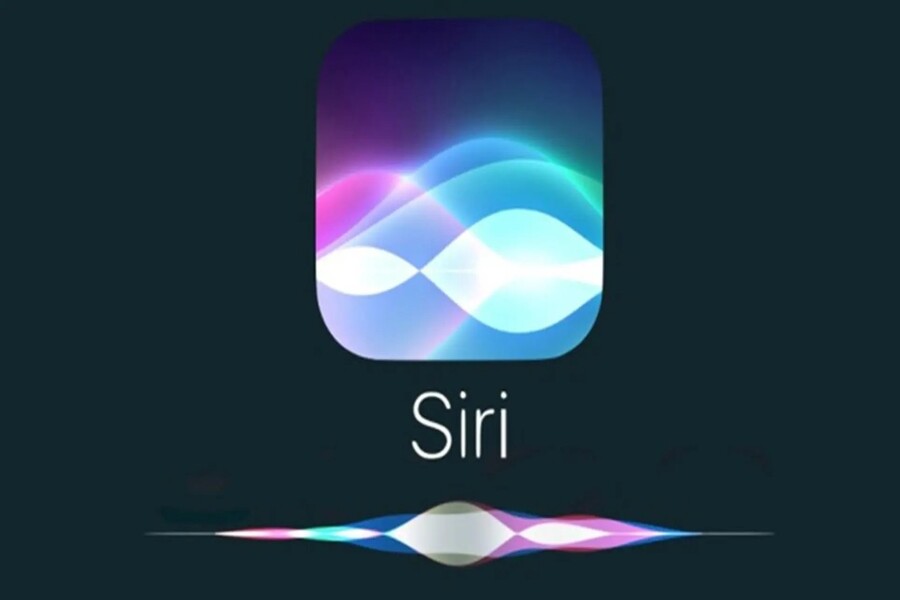
When it comes to Siri, most of us immediately think of Apple and its smart iPhones with the familiar voice “Hey Siri”. With billions of iPhone users around the world, Siri has become an indispensable part of the daily technology experience. However, behind that success is a little-known story: Siri was not created by Apple, but its true origin is even more surprising, originating from an artificial intelligence project funded by the US military, with initial goals that were completely different from what we see today.
To understand the journey of Siri’s formation and development, we need to go back to the time before Apple appeared in this story. Siri was not originally a normal commercial product but the result of a revolutionary artificial intelligence research project, aiming to build a system capable of learning, reasoning and acting on behalf of humans. This was the premise for later forming one of the most famous virtual assistants in the world.
1. The unlikely origin of Siri
Few people know that Siri originated from a research program funded by the US military. Siri originated from a project called CALO (Cognitive Assistant that Learns and Organizes), developed by the US Defense Advanced Research Projects Agency (DARPA). CALO's goal is not just to recognize speech like many contemporary technologies, but to be more ambitious: to create an AI assistant that can continuously learn, understand context, make suggestions, and even perform tasks on behalf of humans without having to give detailed commands.
The CALO project spanned several years, assembling a team of leading researchers in the fields of artificial intelligence, natural language processing, and machine learning. A group of technologists saw the potential for commercialization. Dag Kittlaus, Adam Cheyer, and Tom Gruber spun off some of the technology from CALO to form Siri, Inc. Their goal was to bring artificial intelligence from the lab to the hands of everyday users.
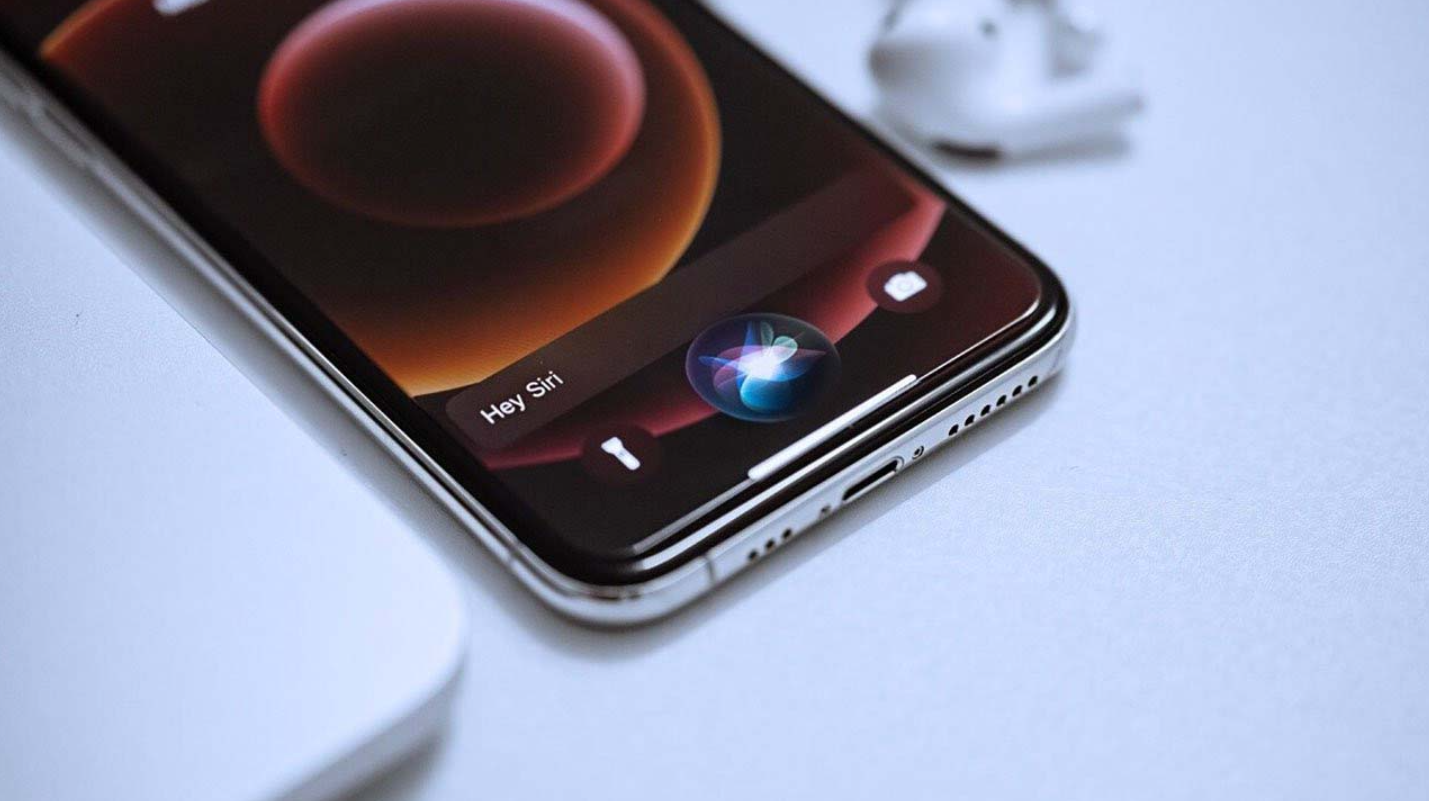
2. Siri Inc
In February 2010, Siri was first released to the public as a free app on the App Store. It immediately became a huge hit, offering a completely new experience: users could talk to their phones in the most natural way. Not only did Siri recognize keywords or short commands, it also understood context, intent, and responded in a “human” way. This created a turning point in the field of human-computer interaction, which was still quite primitive before.
At that time, most voice technologies were limited to simple command recognition. Siri was different in that it could connect directly to many web services to perform tasks such as booking tickets, searching for information or sending messages. It was the ability to “act” and interact naturally that made Siri a phenomenon in a short time.
Realizing the huge potential, Apple quickly jumped in. Just two months after Siri launched, Apple completed the acquisition of Siri Inc., although the detailed value was not disclosed. This was a turning point that helped Siri enter the Apple ecosystem and also the beginning of its journey to becoming a technology icon associated with the iPhone.
3. Apple and Siri's Leap Forward
Siri only really exploded and became a global phenomenon when Apple integrated it directly into the iOS operating system. In October 2011, Siri appeared on the iPhone 4S with a major upgrade: it was no longer a standalone application but became part of the system, with deep access to hardware and software. Thanks to that, Siri can perform many tasks that external applications cannot do, from sending messages, making calls to setting appointments and controlling internal applications.
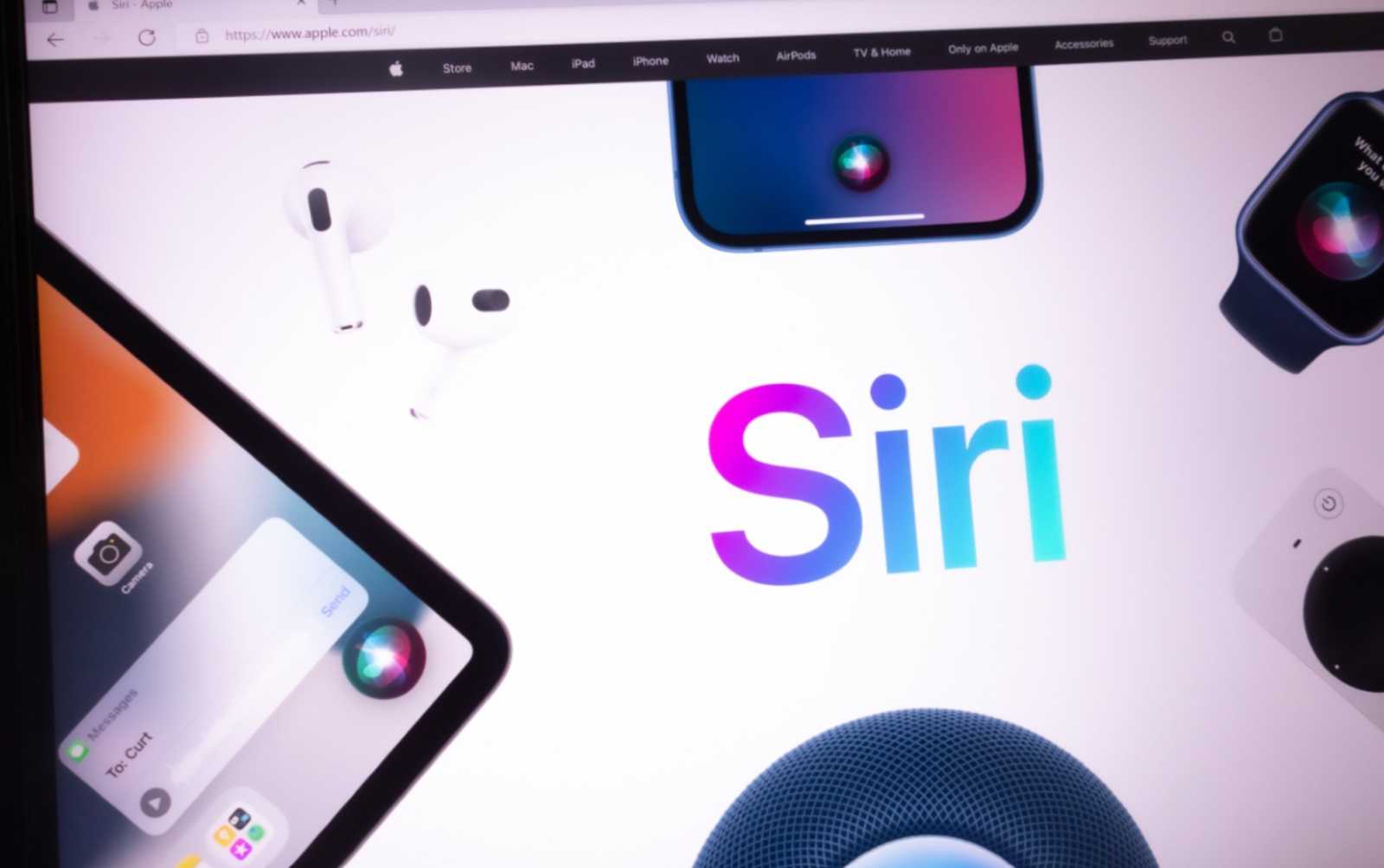
What sets Siri apart from other voice technologies is its ability to “act on your behalf.” You can ask Siri to book a table at a restaurant through OpenTable, check reviews on Yelp, or send a message without opening any app. This creates a seamless experience that makes Siri a powerful tool in your daily life.
The market response at the time was extremely positive. Siri became the focal point of the iPhone 4S, acting as the “key” feature that helped Apple break through in the smartphone race. It was thanks to Siri that the concept of virtual assistants on mobile devices became widely popular, paving the way for competitors such as Google Now, Cortana or Alexa to be born.
4. The secret behind the name Siri
An interesting question that often arises is: Is “Siri” an acronym for a tech term or does it have a deeper meaning? The answer is surprisingly simple. Dag Kittlaus, one of the three co-founders of Siri Inc., revealed that he chose the name simply because… he liked it. Siri was the name he wanted to give his startup even if the project didn’t work out. The name is short, memorable, easy to pronounce, and friendly in many languages.
The origin of the name is even more interesting: it was inspired by a Norwegian colleague of Kittlaus. In Norwegian, Siri can be translated as “the beautiful victorious guide.” Although the meaning is somewhat poetic, it is the simplicity and familiarity that helped the name Siri become globally famous without any elaborate marketing campaign.
5. When Siri loses to Google Assistant
Despite its impressive start, Siri didn’t hold its monopoly for long. The emergence of Google Assistant changed the game. With a huge data base from Google Search, Google’s assistant quickly surpassed its ability to answer questions and process complex information. Meanwhile, Siri showed limitations in understanding deep context and the ability to learn from conversations.
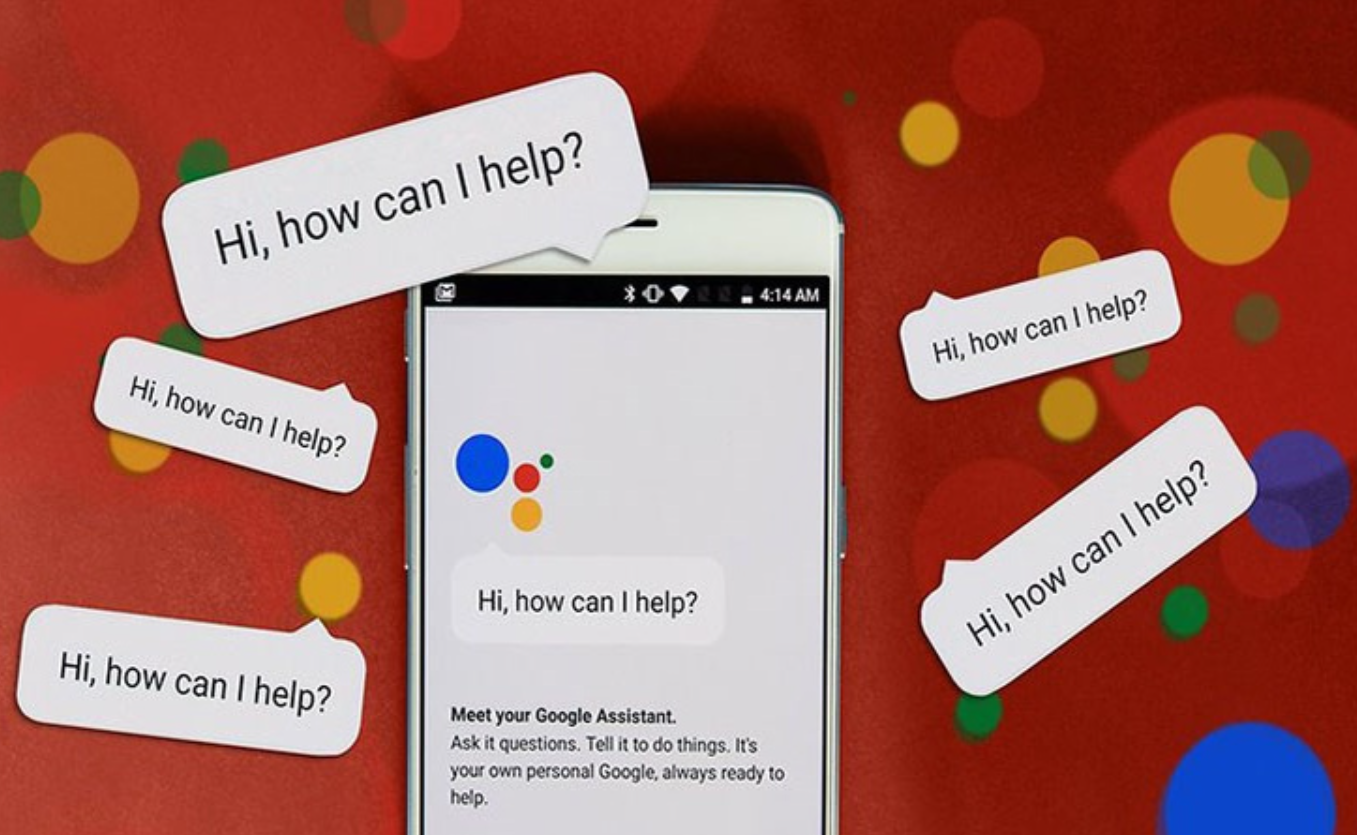
Many users began to complain that Siri was slow to improve, focusing on direct device control tasks rather than becoming a true “smart assistant.” As competitors continued to evolve, Siri’s stagnation widened the gap between Apple and Google on the AI front. This was a costly lesson for Apple about the importance of continuous innovation in technology.
6. The surprising connection between Siri and Samsung's Bixby
Few people know that Siri and Bixby have the same “blood”. After leaving Apple, the two co-founders of Siri, Dag Kittlaus and Adam Cheyer, continued to nurture the ambition of developing a new generation of AI assistant, more open and flexible than Siri. They founded Viv Labs and created the Viv platform with the goal of being able to integrate into any device or service.
In 2016, Samsung acquired Viv Labs. Viv’s technology became the core foundation for the virtual assistant Bixby on the Galaxy series. This shows that the evolution of technology is always linked to creative minds. Brands may change, but the ideas and people behind them are the decisive factors for development.
This connection is also a clear demonstration that the tech market is not always divided by brand. Behind the blockbuster products, it is the talented founders who shape the game and inspire the next innovations.
7. Apple “overhauls” to catch up with the game
Entering the era of generative AI explosion with the emergence of ChatGPT, Gemini and many other advanced AI platforms, Siri is once again under pressure to change. Apple understands that, in order not to be left behind, Siri needs a comprehensive upgrade.
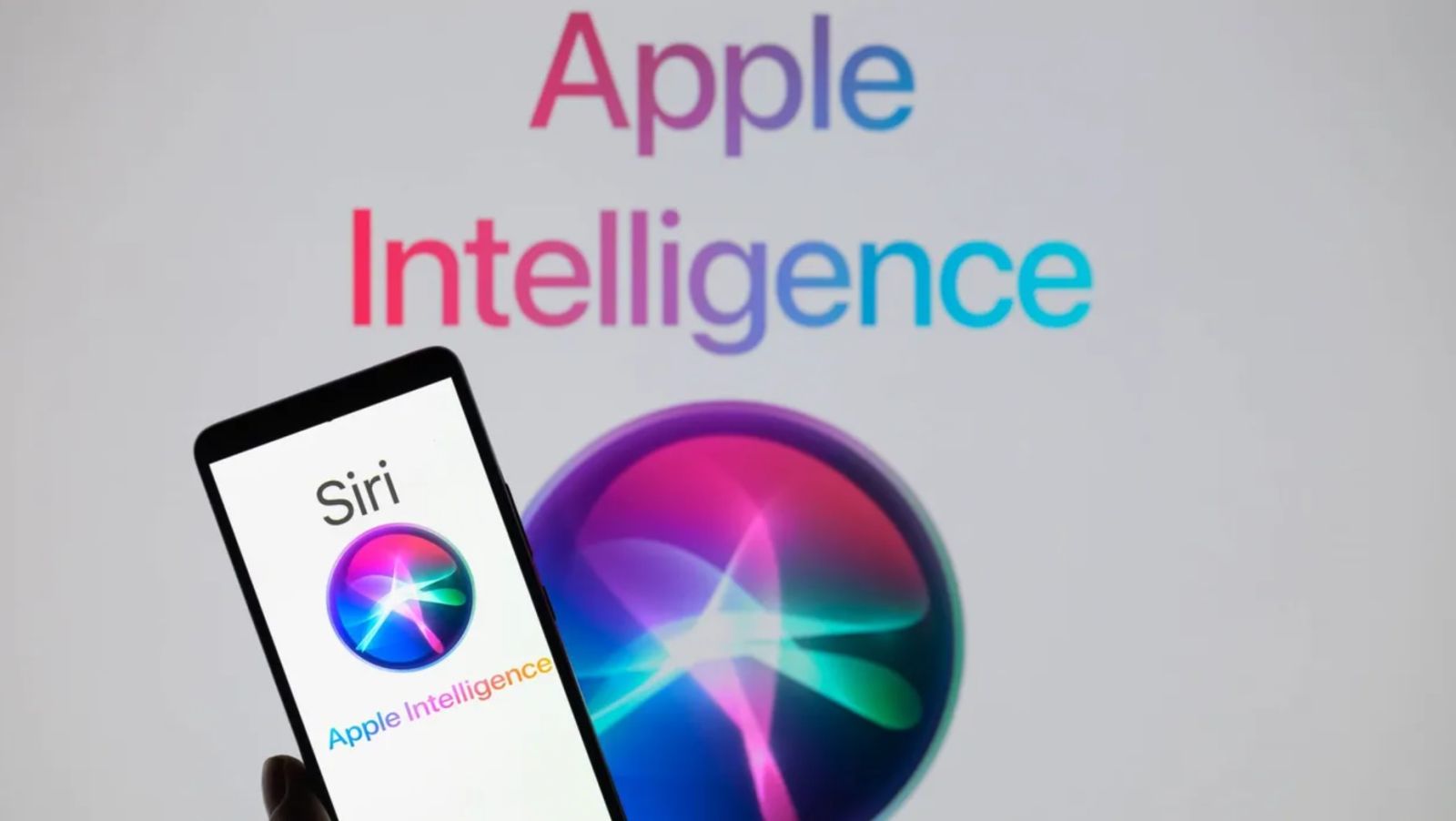
Through the Apple Intelligence initiative, Apple is making Siri its biggest overhaul to date. The new version of Siri is expected to have more natural conversational capabilities, better understand context, and especially remember interaction history to deliver a truly personalized experience. At the same time, Apple still maintains its traditional strength of superior security and privacy, which many loyal users trust this brand.
Apple wants Siri to be more than just a command execution tool, it wants it to be an “assistant that understands you,” able to make suggestions, anticipate your needs, and even help you be creative. This is an inevitable step as AI becomes central to all future technology products.
8. Conclusion
Looking back at Siri’s journey, we can clearly see that breakthrough technology does not only come from giants like Apple, but also from quiet research projects and visionary people. Siri’s transformation from a military project to a commercial application, then to a global technology icon, is a testament to the power of innovation.
With AI on the rise, the question is: Can Siri make it big again? Apple is betting big on Apple Intelligence and the future of Siri to compete with Google, Microsoft, and others. Regardless of the outcome, the story of Siri remains a fascinating piece of tech history, one that showcases the intersection of science, humanity, and ideas that can change the world.










































